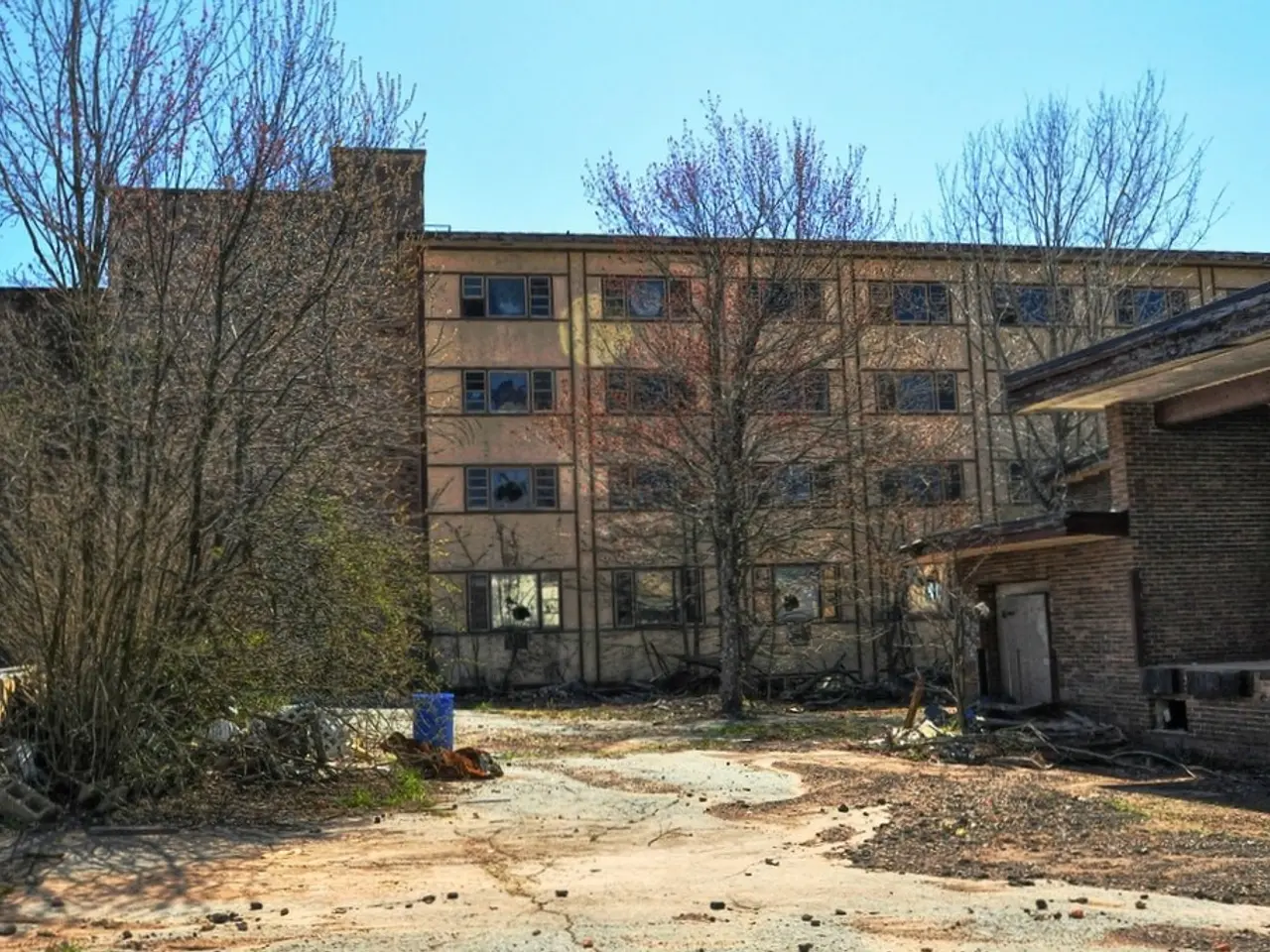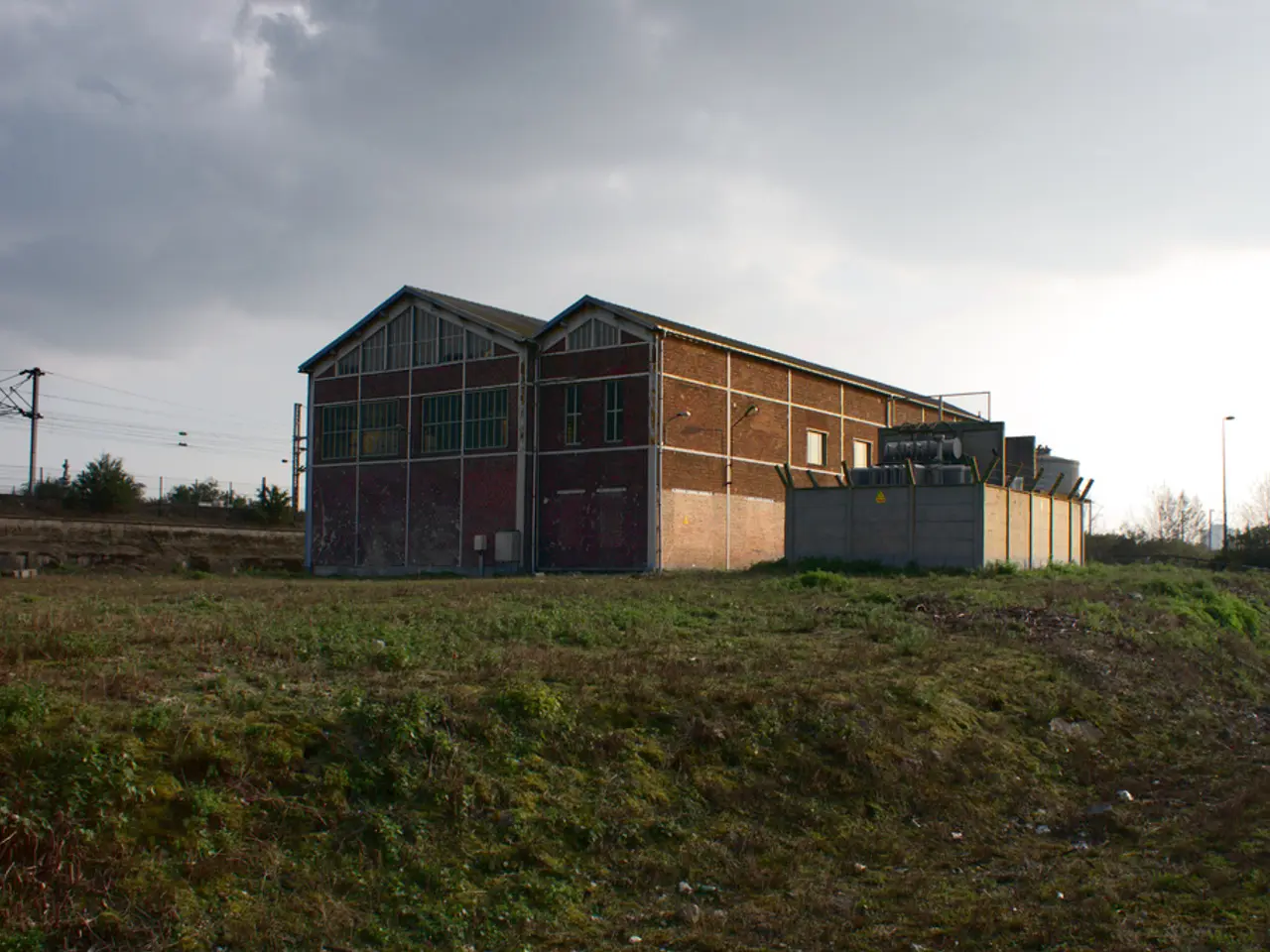Attempts focused on aiding inhabitants impacted by deserted housing developments
In an effort to tackle the issue of abandoned housing projects, the Malaysian government and related parties in the industry are engaged in discussions to implement a holistic build and sell system. The Housing and Local Government Minister, Datuk Chor Chee Heung, has taken the lead in assisting victims of these projects, with the ministry's initiatives aimed at providing relief and preventing future occurrences.
One of the key initiatives includes the amendment of the Housing Development Act (Control and Licensing) 1966 (Act 118) to prevent housing projects from being abandoned. The ministry also plans to provide verification letters to funding institutions about abandoned projects, which will aid in resolving unresolved complaints and referring them to Bank Negara Malaysia (BNM).
The ministry's initiatives are not guaranteed to assist every buyer, but those whose loans can be resumed after rehabilitation works start will be prioritized. Buyers who are not assisted can lodge complaints with the ministry. If the situation remains unresolved, victims could potentially face financial ruin.
To address this issue, the government has proposed a working paper to be presented to the National Economic Council to seek BNM's recommendations for assisting victims of abandoned housing projects. Loans, if approved, will be subjected to the funding institution's valuation and based on the merits of each case.
The government takes the issue of abandoned housing projects seriously and is implementing several measures to combat this issue. These measures include government-led urban renewal and redevelopment, compensation and temporary housing support, developer blacklisting and classification, repurposing and revitalising abandoned buildings, and penalties for neglect and interim usage.
Government-led redevelopment efforts on abandoned housing projects, particularly on government-owned land, are being proposed. Open tender bidding is encouraged for redevelopment projects, limited to qualified and eligible developers to avoid past problems with unreliable developers. A tribunal mechanism is also proposed to allow non-consenting owners to file appeals and have their concerns heard.
Compensation frameworks are being discussed to provide victims with cash payouts equivalent to the market value of their units, replacement units in new developments, or other suitable solutions depending on circumstances. Provision of transit housing during redevelopment is considered vital to ensure displaced residents have temporary accommodation.
Proposals include introducing a tiered developer classification system ranking developers by financial strength and track record to prevent unreliable developers from undertaking projects. Enforcement under the Housing Development (Control and Licensing) Act (HDA) criminalises housing abandonment, with penalties including fines and imprisonment for developers who abandon projects, aiming to deter such practices.
State governments are encouraged to offer tax incentives, development charge exemptions, or low-interest loans to owners or investors willing to revive abandoned buildings or projects. Public-private partnerships are explored to strategically redevelop abandoned properties. Initiatives also include repurposing unused government buildings and abandoned housing into community assets such as shelters for the homeless, co-working spaces, cultural venues, or community centres.
Local councils may impose penalties on owners who leave buildings abandoned and hazardous to public safety, discouraging neglect. Interim uses such as leasing spaces for storage, pop-up shops, exhibitions, or art studios are promoted to reduce the visual and social impact of abandonment while longer-term solutions are developed.
In summary, Malaysia’s approach combines legislative enforcement, government-led redevelopment, developer regulation, and innovative reuse of abandoned properties, alongside support measures for displaced residents. The emphasis on transparency, legal recourse, and financial incentives aims to both rectify existing abandoned housing issues and deter future abandonment.
Developers involved in the business of housing should take note of the amendments to the Housing Development Act (Control and Licensing) 1966 (Act 118), as failure to comply could lead to financial penalties. The Malaysian government, through initiatives such as government-led redevelopment and a tiered developer classification system, is aiming to ensure financial stability in the finance sector by eradicating housing abandonment.





